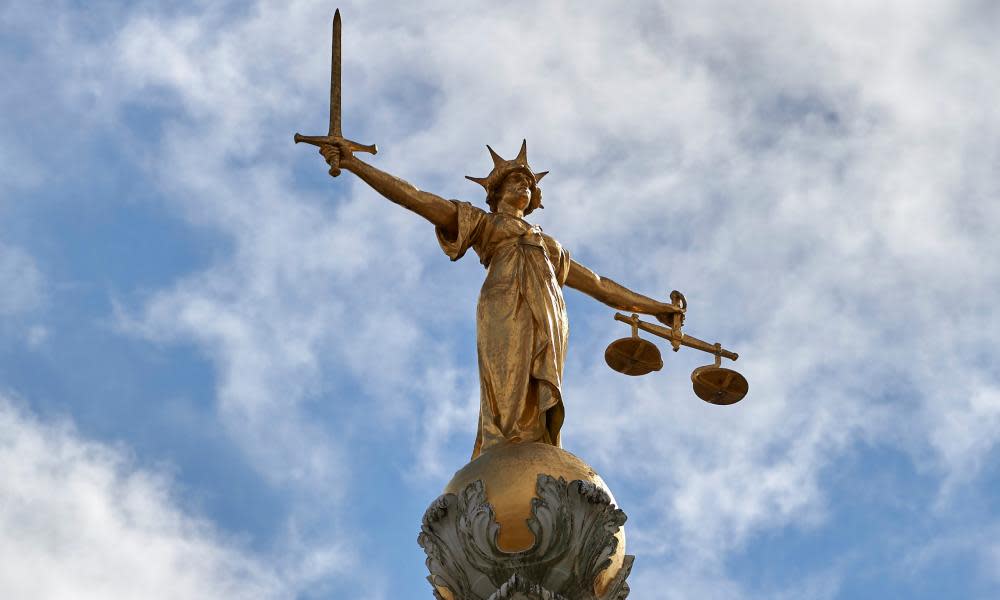Judge says his sacking for posting abusive comments was unfair

A judge who was sacked for posting abusive comments on news articles about cases he had heard has admitted he was “reckless” but complained that the sanction was “wholly disproportionate and completely unfair”.
Jason Dunn-Shaw, who sat part-time as a recorder at Canterbury crown court, was on Wednesday removed from the bench by the Judicial Conduct Investigations Office (JCIO) after it ruled he posted comments in which he called his critics “donkeys”.
On Thursday he insisted the comments he made did not directly relate to cases themselves but rather were “in response to posts made by others”.
“Somebody can comment upon the conduct of a case, but if another commentator has described a defendant, for example, as a ‘disgusting old broad’ or an ‘evil witch’, or says ‘I just want to punch her in the face’ – for somebody to say that these are wholly inappropriate comments seems to me nothing to do with the case and perfectly justified,” Dunn-Shaw told Radio 4’s Today programme.
He elaborated on defences given to the Guardian and KentOnline the day before, saying that the comments posted on the news website had in fact been made by his partner, using a pseudonymous account they shared.
He said: “The complaint falls into two aspects: one, which were comments made which I’ve already maintained – and indeed my partner has said – were made by him on matters of general interest; the other aspect are matters that I posted to friends – Facebook friends – which I had no idea could be tracked because my own page is private.”
The JCIO found that Dunn-Shaw used a pseudonym to post comments – “some of which were abusive”, according to the body – on one case in which he had been a judge and another in which he had been a barrister.
“In his own name he also used publicly available social media sites to post material or not remove material which was not compatible with the dignity of judicial office or suggested a lack of impartiality on matters of public controversy,” the JCIO said in a statement.
Guidance issued to judges warns them against commenting publicly on cases on social media, to avoid bringing the judiciary into disrepute. Dunn-Shaw pointed out that he had never been issued with that guidance, a matter accepted by the tribunal.
“They say there was no need to provide it because it is blindingly obvious, to which, of course, my response is that if it’s blindingly obvious, why do you need to put it in the code of conduct?” he said.
Speaking to the Guardian on Wednesday, he pointed out that he received notice of his dismissal on the same day that the JCIO took no action against another judge who called a defendant “a cunt” in open court.

 Yahoo News
Yahoo News 
